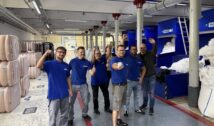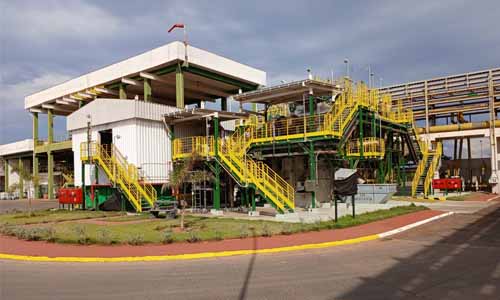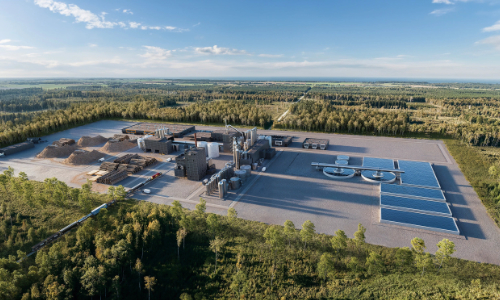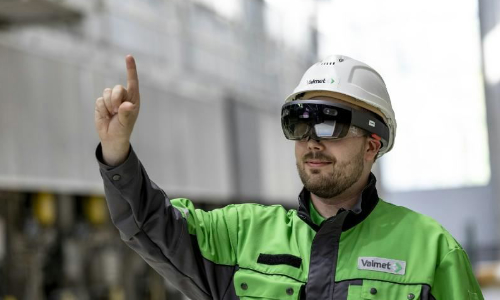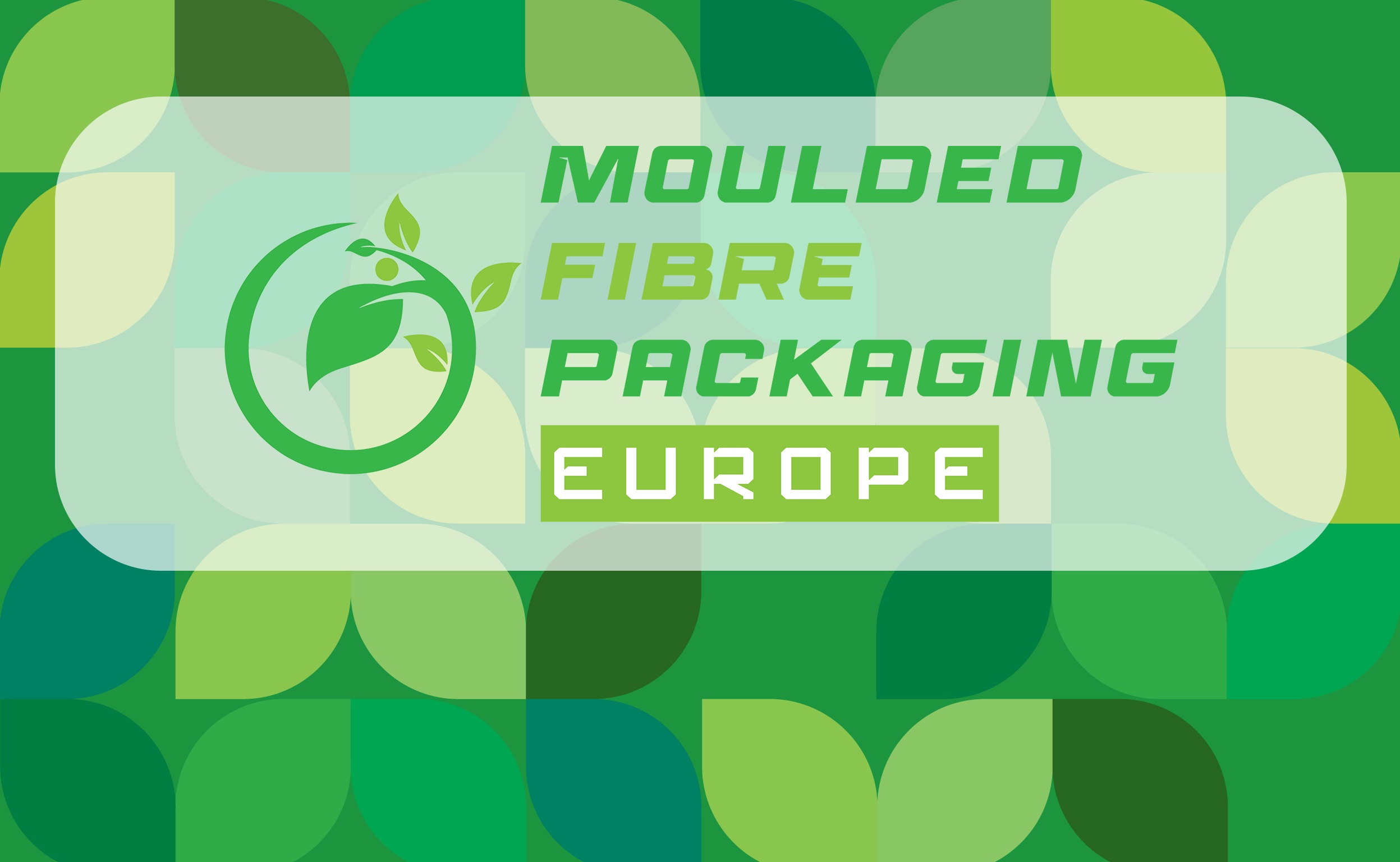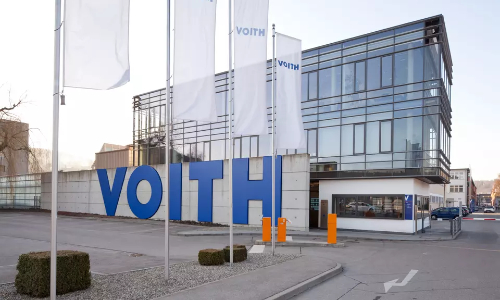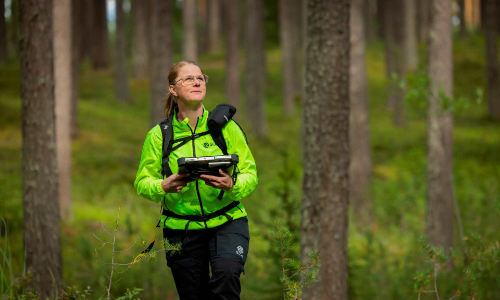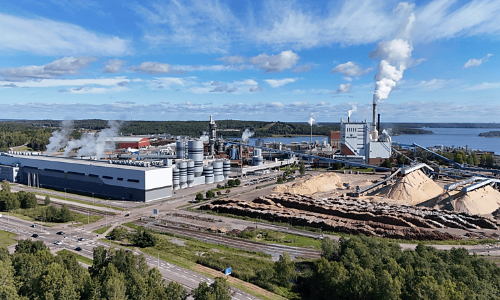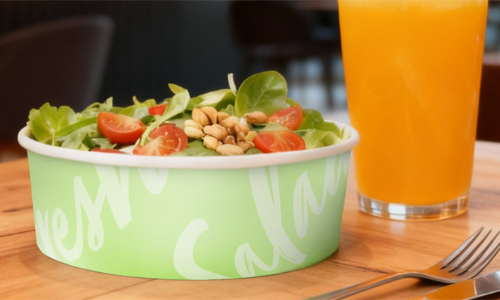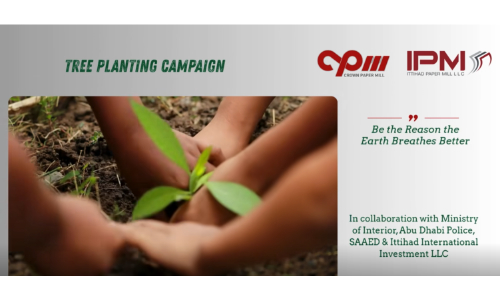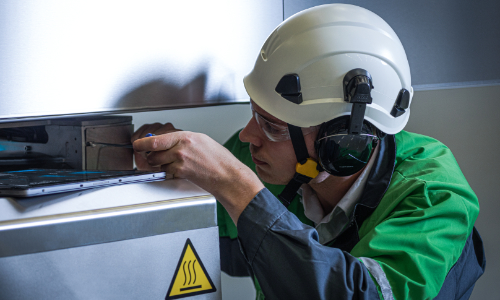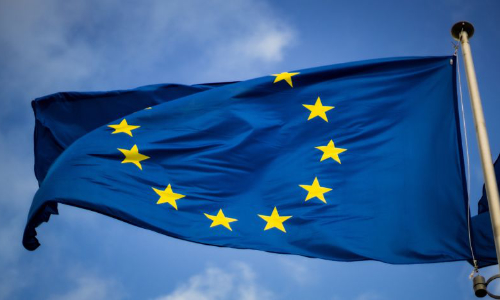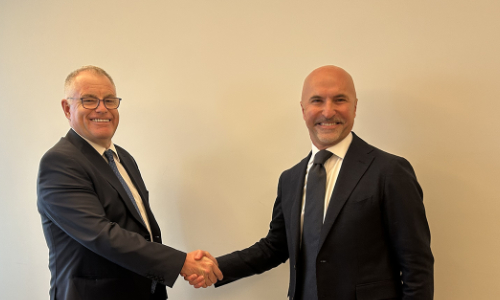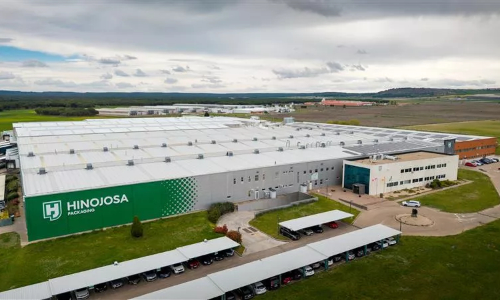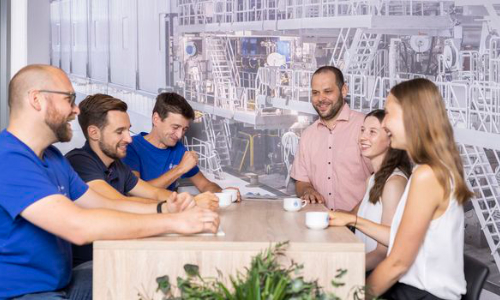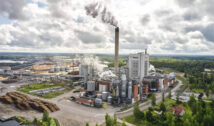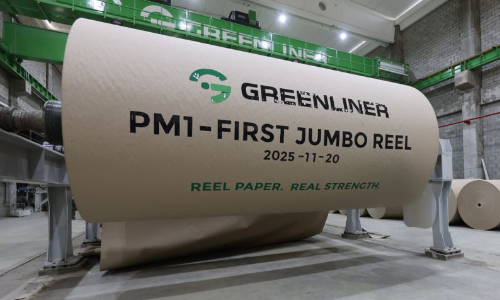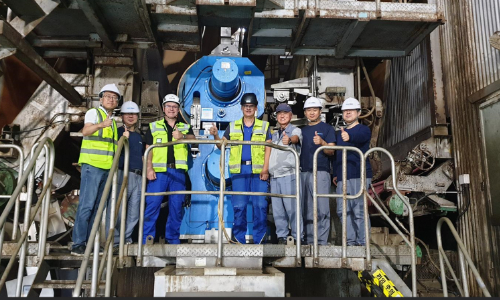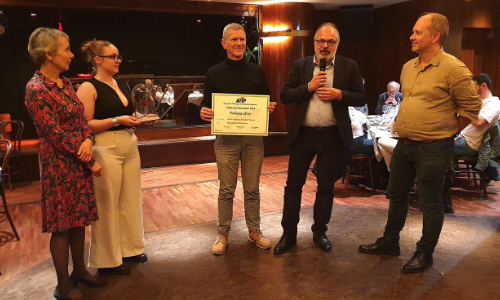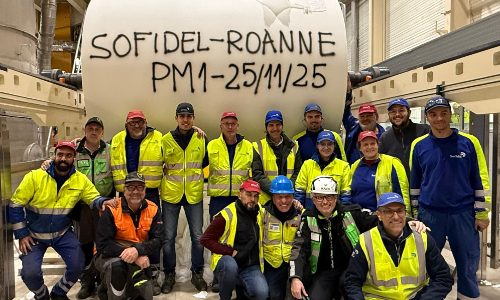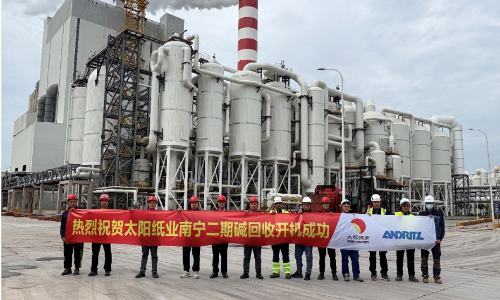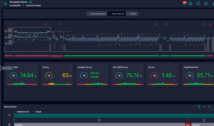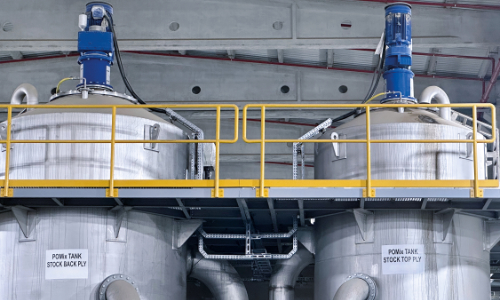
On Earth Overshoot Day, which is being marked today – one day earlier than in 2023 – and in view of the worsening annual ecological deficit, The Navigator Company reaffirms its commitment to promoting efficiency in the use of resources with sustainable investments which, over the last 18 months, have totalled around 164 million euros, around 60% of the total amount allocated.
The investment mainly includes projects aimed at decarbonisation, modernising equipment and improving efficiency. These include the new Recovery Boiler in Setúbal – which will reduce direct fossil carbon dioxide emissions by around 136,000 tonnes per year, equivalent to a quarter of the Group’s emissions in 2022; the new Tower and Washing Presses in Aveiro; the new biomass Lime Kiln in Figueira da Foz; the conversion of the Lime Kiln in Setúbal to burn biomass; and the new Photovoltaic Plant in Figueira da Foz.
In addition, the company has invested in sustainable packaging solutions. After launching a new line of packaging products at the end of 2021 under the gKraft™ brand, the company aims to develop innovative packaging solutions that replace current fossil-based plastic packaging with renewable, biodegradable, recyclable and carbon-neutral products based on endogenous raw materials from planted forests. Flexible packaging or paper with barrier properties, for example to oils and fats, are among the products to be developed. At the beginning of the 2nd half of 2024, the company is also preparing to inaugurate a new integrated production line for eucalyptus moulded cellulose parts, intended to replace single-use fossil plastic packaging in the food service and food packaging market, in Aveiro.
These are just a few examples of the company’s transversal and mobilising commitment to all aspects of sustainability. This ongoing commitment recently earned it the distinction of being the most sustainable forestry company in the world. As of 12 July, according to the ESG Risk Rating by Sustainalytics, one of the world’s most reputable ESG rating agencies, Navigator is at the top of the list of 85 global companies in the Paper & Forestry industry cluster and ranks 1st out of 63 companies in the Paper & Pulp subset, in the top 5% of more than 16,200 companies worldwide in all business segments.
Earth Overshoot Day marks the date when the planet goes into ecological deficit, i.e. when natural resources are being used up that should only start being used next year, otherwise they won’t be able to be regenerated by ecosystems. The fact that this date is being marked earlier and earlier is a clear sign of the urgency of accelerating common efforts towards efficiency and reduction in the use of natural resources, carbon neutrality and a low-carbon circular bioeconomy.
On a planet where demand for natural resources is increasing, planted forests help to reduce the pressure of demand for forest products in areas of native forest, allowing these areas to be managed exclusively for conservation and protection purposes. On the other hand, the sustainable and certified management of these plantations, such as those that Navigator manages on around 109,000 hectares throughout the country, makes it possible to meet the growing demand for wood and new bioproducts, giving rise to goods and services that are valued by the market, but also to positive externalities that sustainable management practices boost, such as carbon sequestration, oxygen production, regularisation of the hydrological cycle or the promotion of biodiversity.
Within this operating model, Navigator has also pursued an investment programme strongly geared towards decarbonising its operations, totalling 340 million euros between 2019 and 2028. In this way, the company is reinforcing its commitment to contributing to the transition from a fossil-fuelled, linear economy to a circular bioeconomy that is favourable to nature and climate-neutral. To this end, Navigator has favoured more sustainable solutions and products – an example of which is the integrated production project for eucalyptus moulded pulp parts – as an alternative to fossil products, as well as optimising and efficiently using resources at its units.
It should also be noted that, given the need to use various resources in its business – energy, wood, chemicals and water – Navigator is committed to their responsible use. The company has not only implemented solutions that promote their efficient use, but has also achieved significant results in reducing its environmental footprint. As a result of this work, 90% of the raw materials used are now renewable.
Greater efficiency in industrial operations
Navigator is publicly committed to promoting resource efficiency as part of its Responsible Management Agenda 2030, in line with the United Nations Sustainable Development Goals.
Over the last five years, the company has invested more than eight million euros in energy efficiency measures at its four industrial sites. This is an important pillar of its sustainability policy, which has resulted in energy savings of around 100 GWh/year, avoiding the emission of around 23,000 tonnes of carbon dioxide.
Currently, all of The Navigator Company’s factories have Energy Efficiency Action Plans and the company is implementing self-consumption solar photovoltaic (PV) projects that will increase installed PV capacity from the current 12 MWp to approximately 38 MWp.
In addition to self-consumption production, other energy measures include LED lighting in industrial buildings, thermal efficiency projects, improving efficiency in compressed air production or optimising cooling systems.
In terms of water efficiency, Navigator has implemented measures to reduce the need to use water in its operations and optimise its reuse and circularity, with an investment of over 25 million euros. It currently returns 78% of the water abstracted to the environment, while specific use (per tonne produced) in industrial operations is 5.1% lower than in 2019, the reference year for the 2030 targets: to reduce specific water use (m3/t of product) in industrial operations by at least 33%.
These results include investments such as the evaporation line at the Aveiro Pulp Mill, the reduction of water used in wood preparation at the Figueira da Foz and Setúbal mills and the recovery of boiler purges at Figueira da Foz. The company’s goal is to achieve a 33% reduction in the specific use of water resources.
Greater efficiency in the use of resources at Navigator’s mills also involves the reduction, utilisation and recovery of waste from the industrial process, with a view to reclassifying and reintegrating what was once waste as valuable materials in the production chain for various types of paper products.
The continuous improvement of processes to reduce and reuse resources has been a reality throughout the company’s history, as has innovation in new sustainable and recyclable forest-based products that can be viable alternatives to fossil products.
For the future, and in a highly challenging context of planetary overload and climate emergency, Navigator will continue and deepen this journey of sustainable value creation, reflecting in its decisions its corporate purpose: “it is people, their quality of life and the future of the planet that inspire and move us”.


